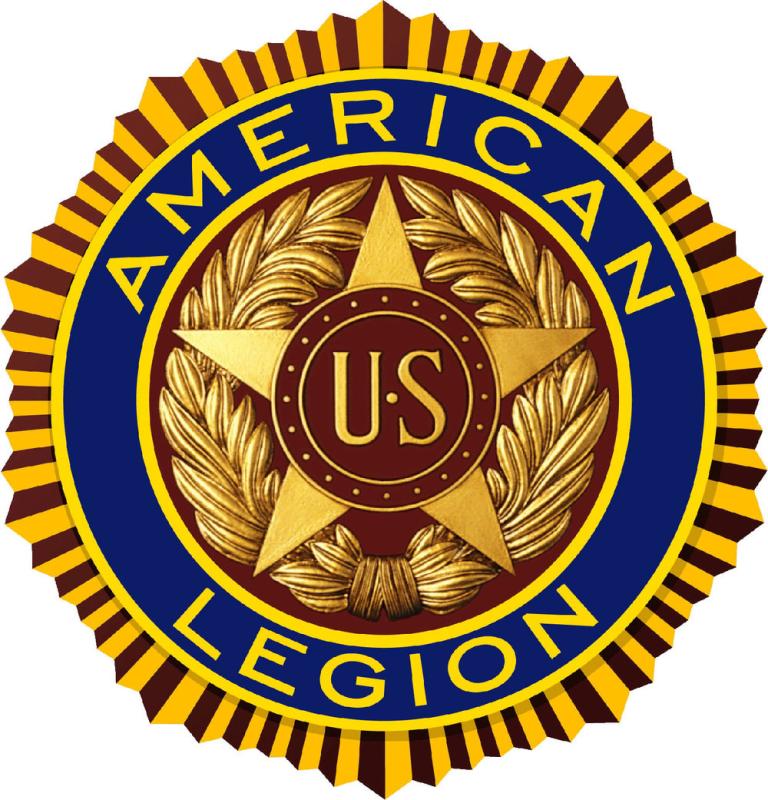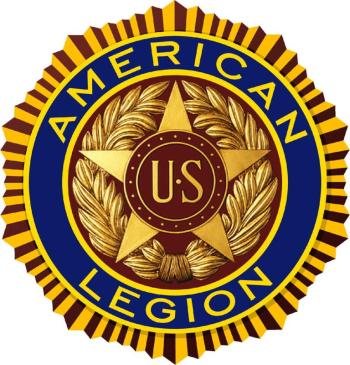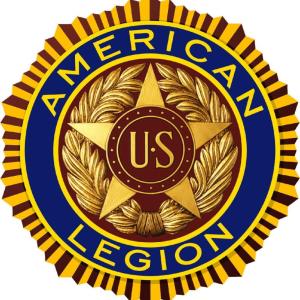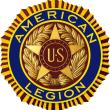American Legion Post 36
To continue the discussion on veteran homelessness, it is interesting to understand how this is addressed on the national level and how it filters down to Maine.
The United States Interagency Council on Homelessness member agencies include Department of Health and Human Services (HHS), Department of Education (ED), Department of Labor (DOL), Department of Housing and Urban Development (HUD), Department of Veterans Affairs (VA), Department of Defense (DOD), Department of Homeland Security (DHS), Department of Justice (DOJ), Department of Transportation (DOT), Social Security Administration (SSA), White House Office on Faith-Based and Neighborhood Partnerships.
In 2019, they adopted a Federal Strategic Plan on what it means to end all homelessness, ensuring that it is rare, brief, and a one-time experience. HUD and the VA also developed a specific criteria and benchmarks for ending veteran homelessness. They determined that a “veteran” is any person who served on active duty in the armed forces, regardless of how long they served or the type of discharge they received. They state that the communities should have the “capacity to immediately” offer and provide some form of shelter to any veteran experiencing unsheltered homelessness. Access to shelter is not continent on sobriety, minimum income requirements, lack of criminal record, or other unnecessary conditions. The goal is to get a homeless veteran into permanent housing in an average of 90 days.
Maine Homeless Veterans Action Committee (MHVAC) is a statewide alliance established in 2016, to ensure homelessness among veterans in Maine is rare, brief, and non-recurring which is in line with the federal goals. Members include Preble Street, VA, Maine Housing, Maine VFW, Maine Bureau of Veteran Services, Volunteers of America Northern New England, Maine Elks, American Legion, and veterans with lived experience.
In 2020, Maine developed an action plan to combat veterans’ homelessness. So all this means is there are a lot of organizations addressing the issue of veteran homelessness. So, how are we doing. First, getting homeless numbers is not an exact science and various significantly. Having said that, in 2022 we had 138 homeless veterans with 19 unsheltered, which was up significantly from 2020 and 2021. It has taken on average of 197 days to transition a homelessness into permanent housing (member the goal is 90). The good news is we had 50 veterans housed but 61 new veterans identified as homeless, in other words we aren’t keeping up.
In January 2023, Maine had 108 but in July we had over 200 by some reports. But these are just statistics. Each homeless veteran has specific issues. Even though the federal rules are that any veteran who served is an “eligible” veteran, as it filters down to the state and then the contracts to specific agencies, not all veterans are eligible. Some require an honorable discharge, some require at least a general discharge under honorable conditions, others have financial requirements, and all require the discharge document DD214. So, how can Maine comply with the federal direction of “immediate” shelter? Where does that veteran who just became homeless go for immediate help? I will address that question next week.


























